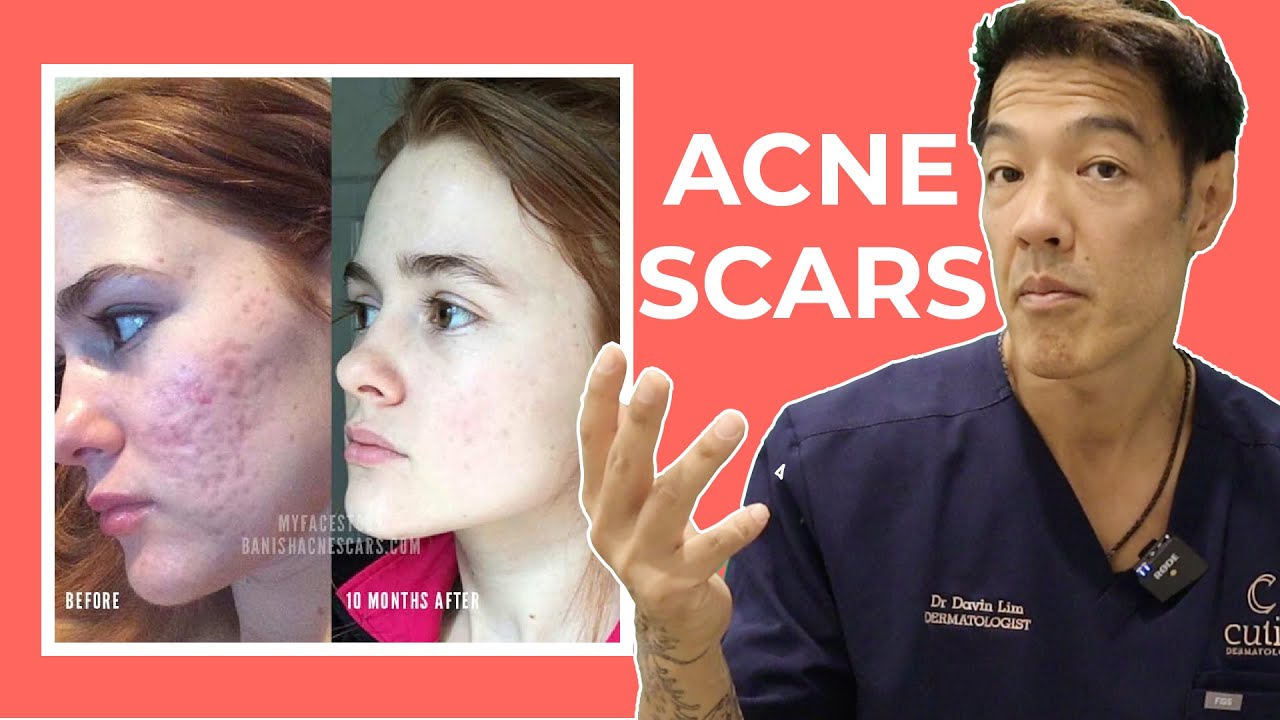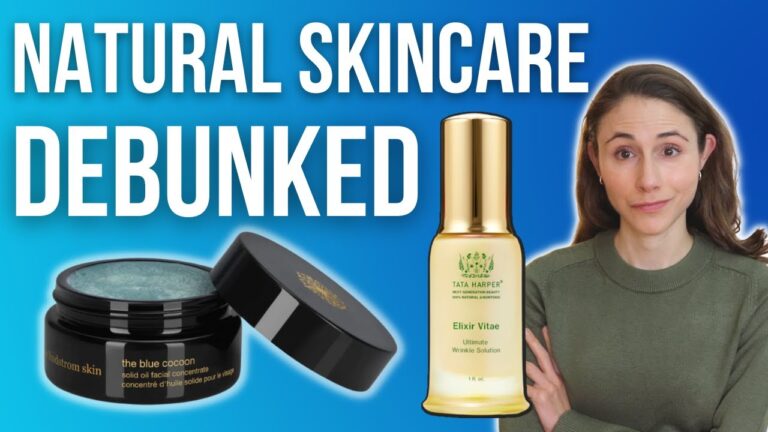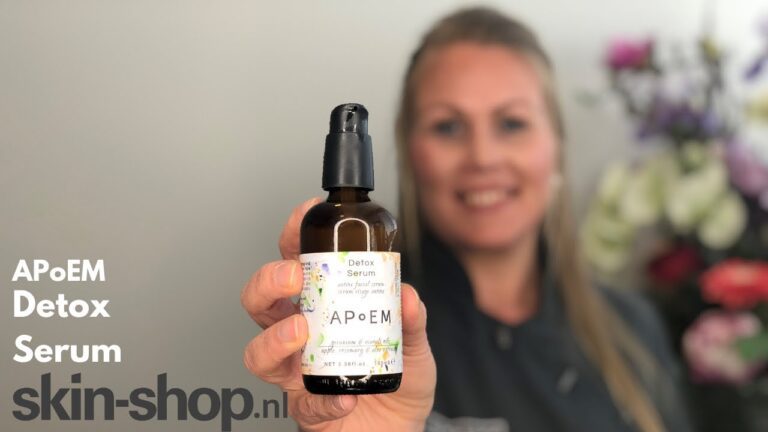Clear Your Skin: Effective Acne Scar Removal Treatment Techniques
If you have struggled with acne in the past, you know that getting rid of it can be a challenge. But once you finally get your acne under control, another issue can arise: acne scars. These pesky marks can leave you feeling self-conscious and frustrated, but the good news is that there are plenty of acne scar removal treatments available that can help.
1. Chemical peels
A chemical peel involves applying a solution to your skin that causes the top layers to slough off, which can help reduce the appearance of acne scars. There are several different strengths of chemical peels, from mild to deep. Salicylic acid and glycolic acid are two of the most commonly used acids for treating acne scars.
- Pros: Chemical peels are relatively quick and can be done in a dermatologist’s office. They can be effective for reducing the appearance of mild to moderate acne scars.
- Cons: There is typically some downtime associated with a chemical peel, as your skin will need time to heal after the treatment. You may experience redness, peeling, and dryness after a chemical peel.
2. Microdermabrasion
Microdermabrasion is a treatment that uses a special device to exfoliate the top layer of your skin. The device uses tiny crystals or a diamond tip to remove dead skin cells and debris, which can help reduce the appearance of acne scars. Neutrogena Microdermabrasion Starter Kit and Olay Pro-X Microdermabrasion Plus Advanced Cleansing System are two great options for at-home treatments.
- Pros: Microdermabrasion is a gentle treatment that can be done in a dermatologist’s office or at home. It is generally painless and requires no downtime.
- Cons: It may take several treatments to see results, and microdermabrasion is typically best for treating mild to moderate acne scars.
3. Laser treatments
Laser treatments are a popular option for treating acne scars. There are several different types of laser treatments available, including fractional laser resurfacing, which creates tiny injuries in the skin to promote collagen production and skin regeneration, and pulsed-dye laser therapy, which targets the blood vessels in the skin to help reduce redness and pigmentation.
- Pros: Laser treatments can be very effective for reducing the appearance of acne scars. They are typically done in a dermatologist’s office and require little to no downtime.
- Cons: Laser treatments can be expensive, and you may need several treatments to see results. Some people also experience redness, swelling, and irritation after laser treatment.
4. Dermal fillers
Dermal fillers are injections of substances like hyaluronic acid or collagen that are used to fill in depressed acne scars. The results are temporary and typically last for several months to a year.
- Pros: Dermal fillers can be a good option for treating deep acne scars. The treatment is quick and requires no downtime.
- Cons: Dermal fillers can be expensive, and you may need multiple treatments to maintain the results.
5. Home remedies
If you’re looking for a more natural approach to treating acne scars, there are several home remedies that may be helpful. Some popular options include applying honey, aloe vera, or tea tree oil directly to the scars or using a homemade facial mask made from ingredients like avocado, yogurt, and oatmeal.
- Pros: Home remedies are often inexpensive and can be done in the comfort of your own home.
- Cons: Results may vary depending on the severity of your acne scars, and it may take longer to see results compared to professional treatments.
Overall, there are many different acne scar removal treatments to choose from. If you’re not sure which one is right for you, it’s a good idea to consult with a dermatologist or other skincare professional. They can help you determine the best course of treatment based on your individual needs and budget.
Contents












